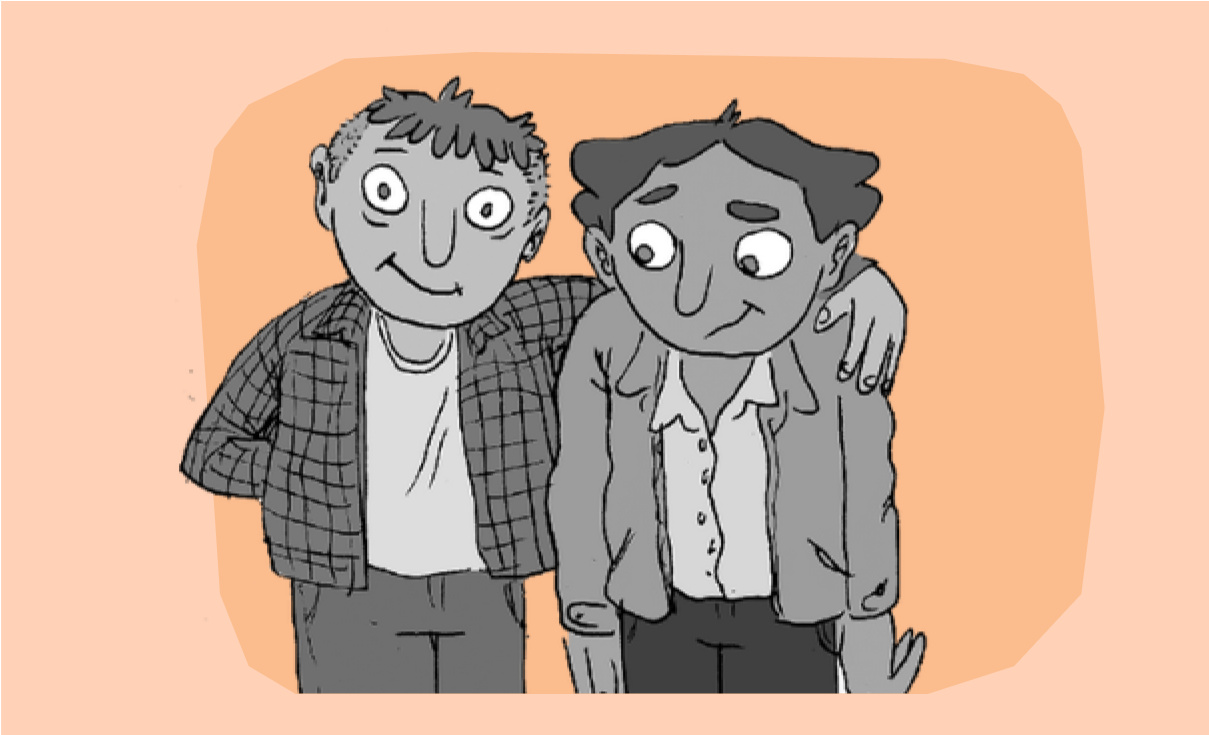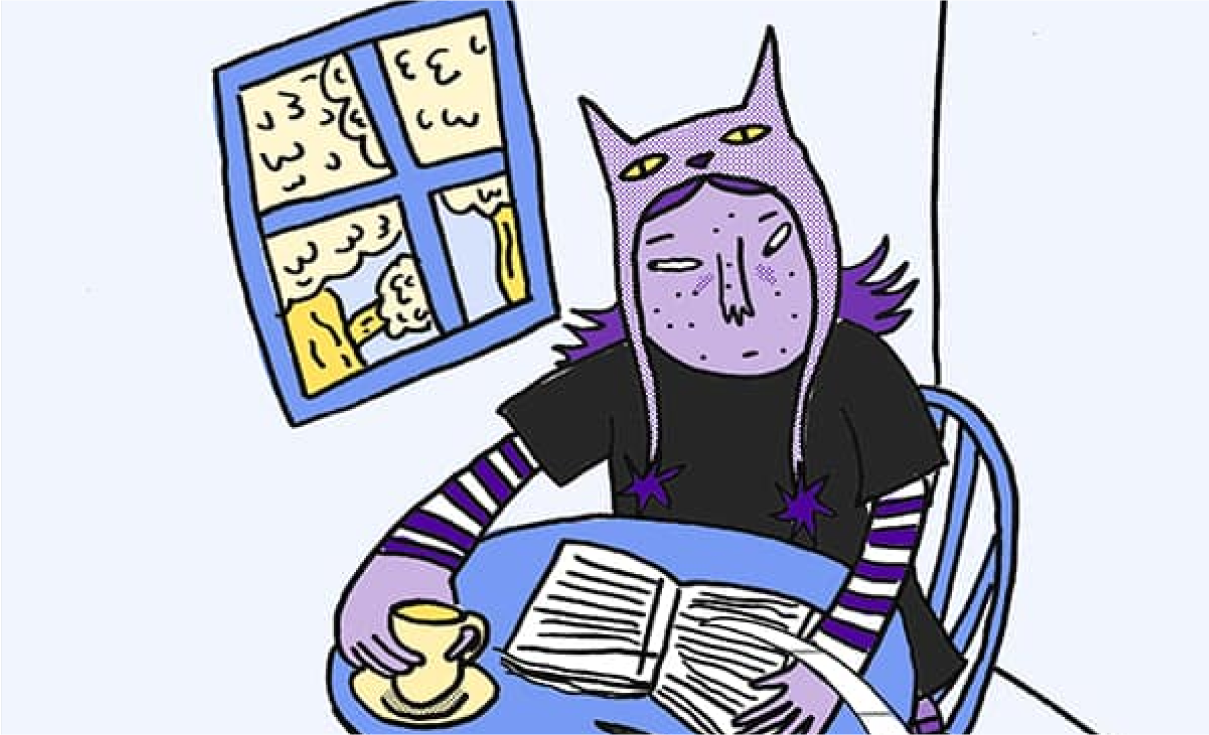It's normal for teenagers to feel sad at times. But how do we know when it’s a bit more than just sadness? Depression can look different for everyone.
How to know if your teenager is depressed
It's normal for teenagers to feel sad at times. But how do we know when it’s a bit more than just sadness? Depression can look different for everyone. If you notice any of the below about your teenager and it lasts for more than a couple of weeks, it may indicate your teenager is a little more than sad:
- Being irritated by things that wouldn’t normally bother them
- Lacking in motivation
- Not interested in or seeming to enjoy things that used to bring them joy
- Not sleeping well
- Avoiding spending time with friends
If you’re seriously concerned about your child’s wellbeing, take them to see their GP or contact one of the support services on our urgent help page.

Exercise
How can you help your teenager with depression? Remind them it’s okay not to be okay, and when they’re ready, you’ll be there for them. When they’re stuck in a negative mindset, it can be hard for them to know where to start when it comes to asking for help. This five-step plan can help point them in the right direction.
A five-step plan for getting help:
- Decide who you’re going to talk to. This could be friends, family, their GP or another support service.
- Outline the problem you want help with. What are you worried about?
- Think about the support you’ll need. Emotional support, someone to talk to or practical help like a hand keeping on top of chores.
- Outline what you’d like the outcome to be. Perhaps it’s feeling less sad or being able to focus on hobbies.
- Finally, make it happen.
Final thought
As parents and carers, you play a key role in helping your young people when they're struggling. Encourage them to talk with their support person and follow through on the actions in their plan.
How to know if your teenager is depressed
It's normal for teenagers to feel sad at times. But how do we know when it’s a bit more than just sadness? Depression can look different for everyone. If you notice any of the below about your teenager and it lasts for more than a couple of weeks, it may indicate your teenager is a little more than sad:
- Being irritated by things that wouldn’t normally bother them
- Lacking in motivation
- Not interested in or seeming to enjoy things that used to bring them joy
- Not sleeping well
- Avoiding spending time with friends
If you’re seriously concerned about your child’s wellbeing, take them to see their GP or contact one of the support services on our urgent help page.

Exercise
How can you help your teenager with depression? Remind them it’s okay not to be okay, and when they’re ready, you’ll be there for them. When they’re stuck in a negative mindset, it can be hard for them to know where to start when it comes to asking for help. This five-step plan can help point them in the right direction.
A five-step plan for getting help:
- Decide who you’re going to talk to. This could be friends, family, their GP or another support service.
- Outline the problem you want help with. What are you worried about?
- Think about the support you’ll need. Emotional support, someone to talk to or practical help like a hand keeping on top of chores.
- Outline what you’d like the outcome to be. Perhaps it’s feeling less sad or being able to focus on hobbies.
- Finally, make it happen.
Final thought
As parents and carers, you play a key role in helping your young people when they're struggling. Encourage them to talk with their support person and follow through on the actions in their plan.


